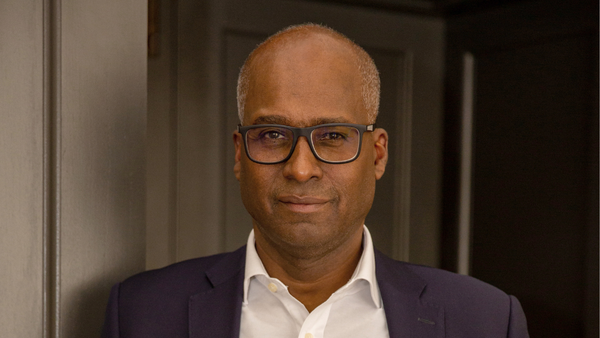We have frequently encountered organisations that were succeeding despite the best efforts of management. When things go wrong and senior management’s steer falls short of the mark, by and large people step up to the plate. They do the best they can to make things work. In that sense, going concerns can generally be relied on to keep on going: organisations often run themselves.
In the general run of things this plays to the argument that management – or leadership – fulfils little purpose; it functions most of the time simply to infantilise staff. It is no more than a construct evolved out of primitive paternal, management science thinking. So, if organisations can run themselves, perhaps we should relegate managers to the bin in the expectation that normal, non-directed social interaction will be enough to keep the wheels turning?
There is a problem, though: in an organisational context, what is ‘normal’? We have all seen sensible people start behaving ludicrously (irrationally, inappropriately and so on) when you put them into an organisational setting. Does this mean that organisation of itself creates the conditions for people to raise barriers or to fret and plot and play their games? Because if an organisation’s environment unavoidably creates behavioural issues, it will produce the kind of interactions which are likely to foul the works.
Some context: firstly, people choose – and more importantly, choose to stay in – organisations that accommodate them. People feel comfortable where they can conform readily to a company’s norms of behaviour. People bring a lot of emotional baggage to the workplace and there they find a ready match between their own ‘odd little ways’ and the group behaviour they sign up to. And, where there is not a match, individuals will feel uncomfortable, isolated, or may just leave.
So, income aside, for many of us work is just a vehicle which allows us to spend time with like-minded people, or at the very least with people who may be bloody infuriating but whose quirks we can live with (and who can live with ours). This makes company politics not so much the stuff that gets in the way of business but, for many, the very reason they come to work in the morning. Politics, emotional reactions, chats in the corridor is organisation; organisation is interaction; it is what happens when people get together to work. And it either keeps them there or it drives them away, physically or emotionally.
So, simply being in an organisation is demanding of a workforce; working togetheris work. When you add recognised work tasks to that – and particularly if you heighten the requirements for efficiency – you create a real need for people to spend more and more time talking things through, to let off steam, express their fears and frustrations support their colleagues and feel good about the time they spend at work.
We have called these activities ‘emotional work;’ and this gets done quite naturally when people get together to do a job. But it can go wrong (as we have seen in recent times) when managers slim down their operations without accommodating the slack they need for these essential supportive tasks to happen. Wacky behaviour happens when ‘emotional work’ does not have the space to do its job; when operational demands outstrip our capacity to think and talk our way to sanity.
When that happens, staff may feel pushed to the very limits of frustration and they may well sabotage operations simply to broadcast a message to their management that things are going to hell in a handcart.
So before we write managers off entirely, let us try to redefine their role: yes, many staff could and should be given greater discretion to organise their working lives; most will respond positively to the trust we show in them. But someone must ensure that they are going to be working in an environment which will give them the space to exercise their skills and do not become bogged down in ‘the stuff of organisation’, low politics and defensive posturing.
But what would this take? Diversionary tactics? Conjuring tricks? Song and dance routines? Well, maybe some organisations are so grim, so far from Matthew Taylor’s ideas about ‘good work’, that they could do with a bit of distracting entertainment to make the hours pass quickly and keep reality at bay. For, make no mistake, that is management’s role above all else: to make companies positive, productive places to spend time in.
Frank and David make up the Service Management Partnership and are management consultants who work closely with general managers across the service sector to find working solutions to sometimes intractable business problems via innovative project work and personal counselling/mentoring activity.
Related articles
-
Shared wisdom is all we need
Trevor Hudson
Ancient wisdom offers many learnings as we develop future-proofed leadership. Here, Trevor Hudson suggests it might even be found in unexpected places.
-
The incomplete leader
Justin Russell
Justin Russell reflects on his podcast series, Lessons in Leadership, on good leadership in the public sector
-
In Conversation with Don McLaverty
Rachel O'Brien
“If you want to make that difference, you’ve got to get involved and work towards evolving the organisation” Rachel O’Brien speaks to Don McLaverty, outgoing chair of the RSA’s Fellowship Council





Be the first to write a comment
Comments
Please login to post a comment or reply
Don't have an account? Click here to register.